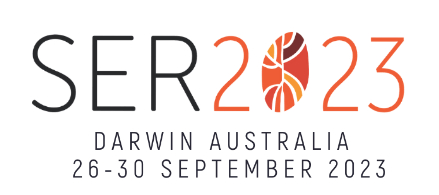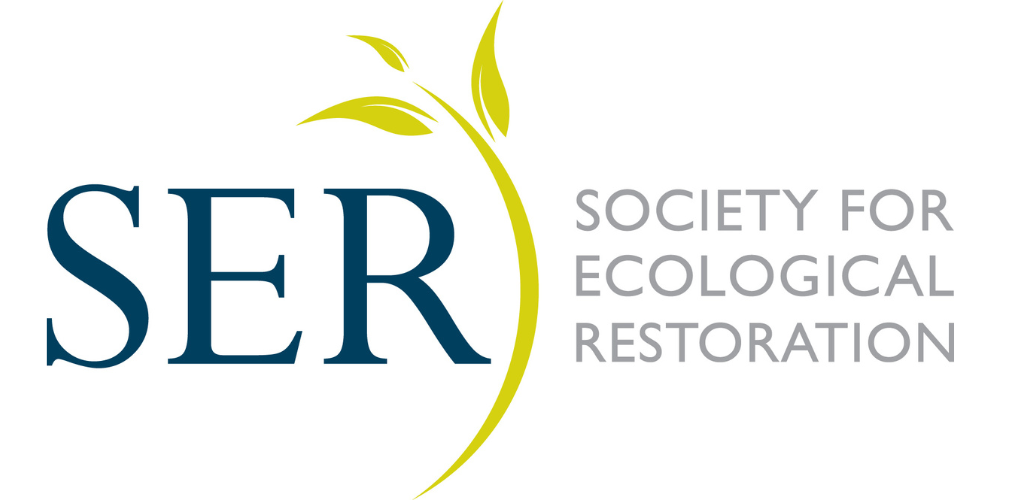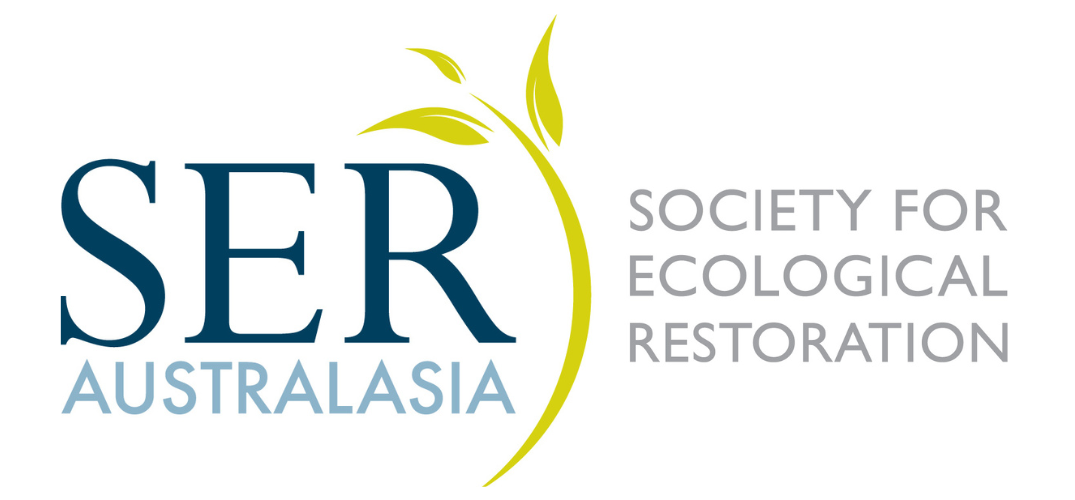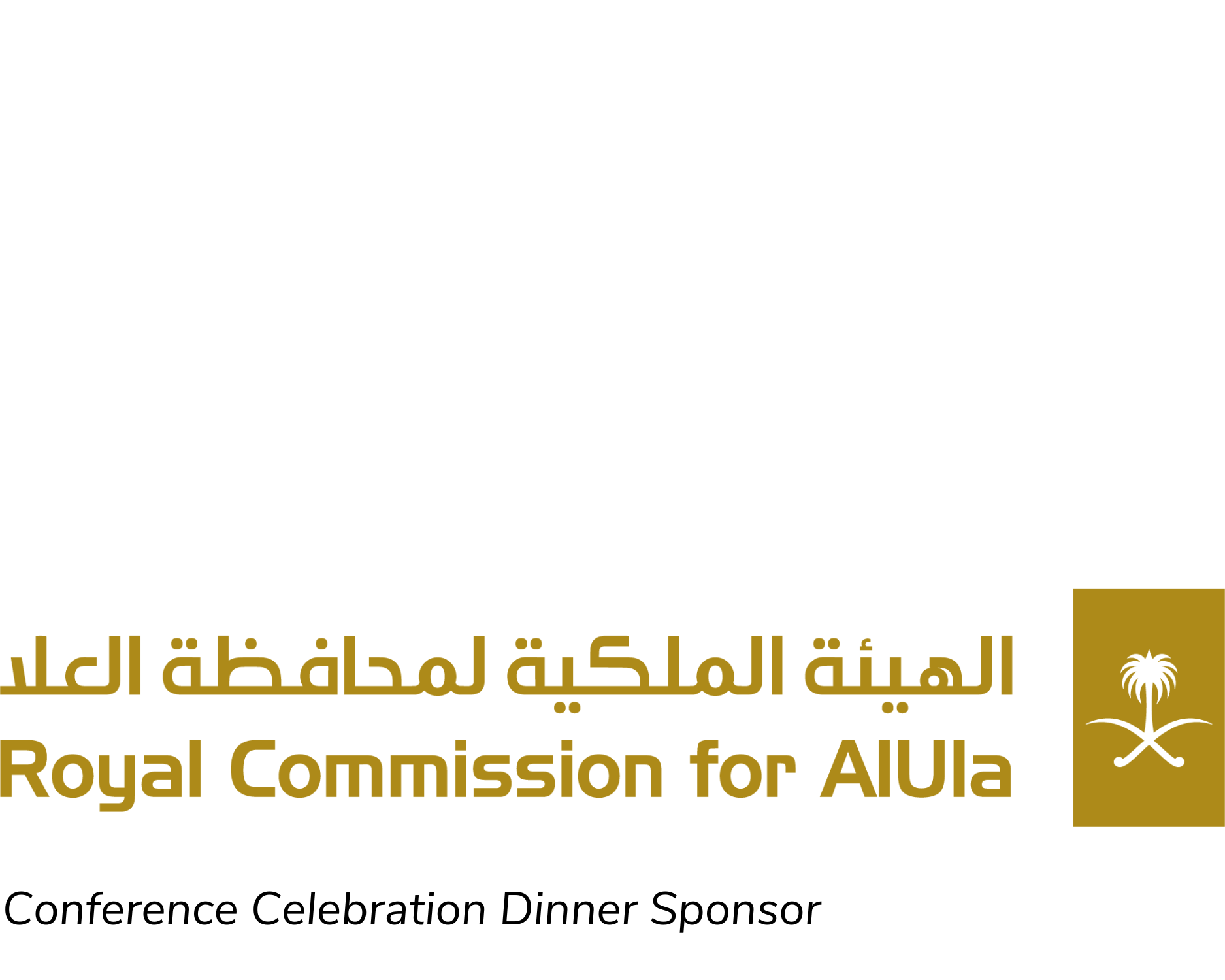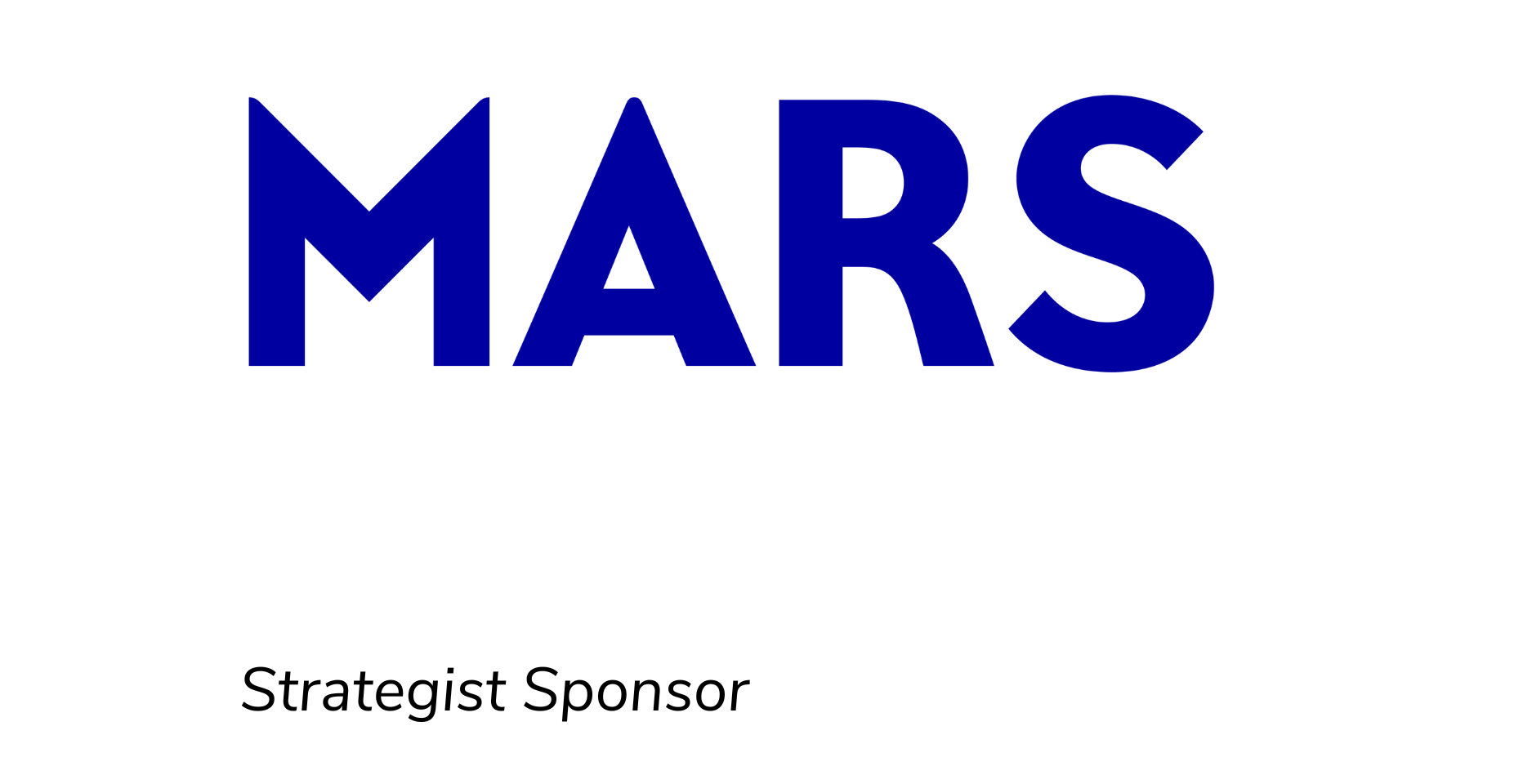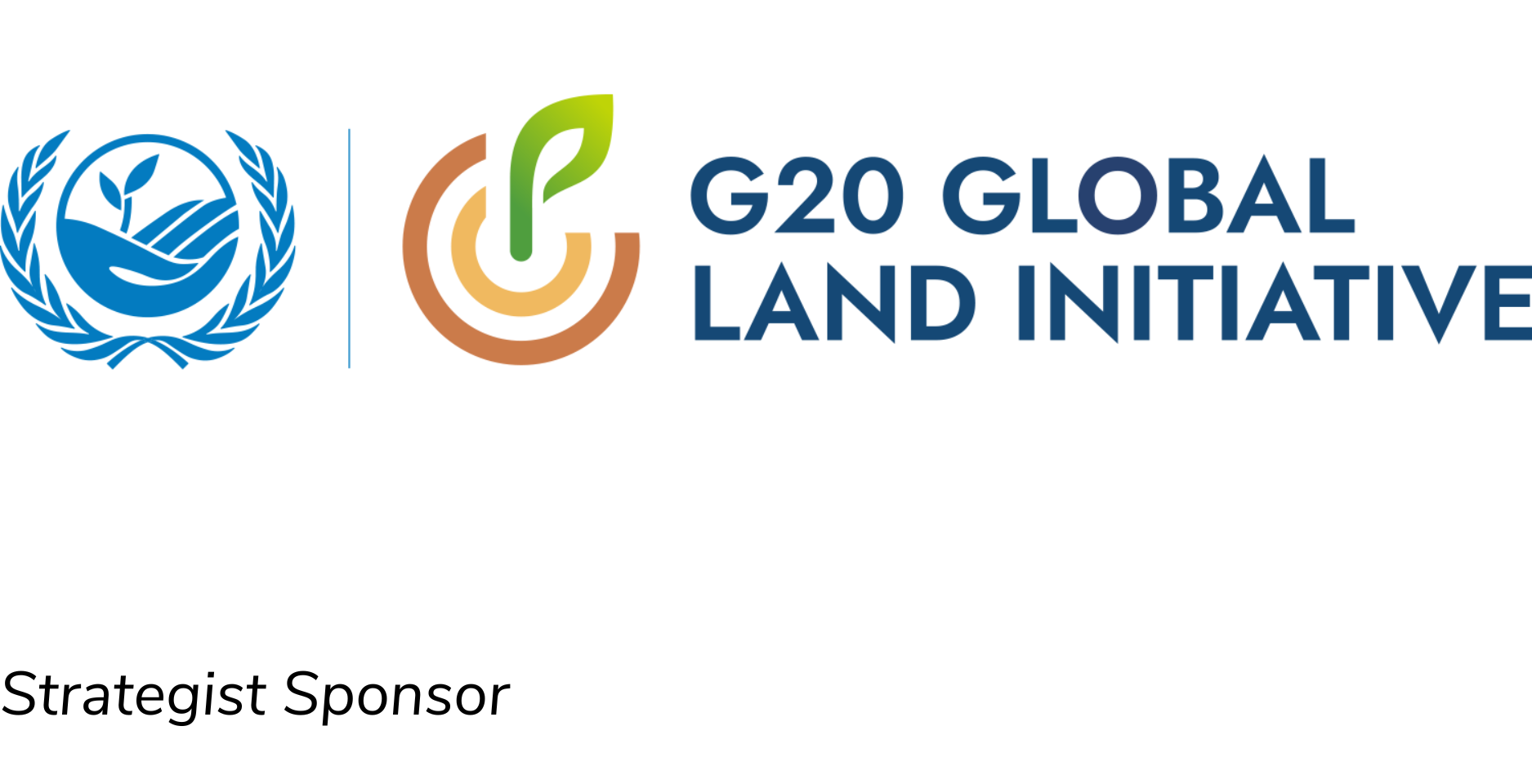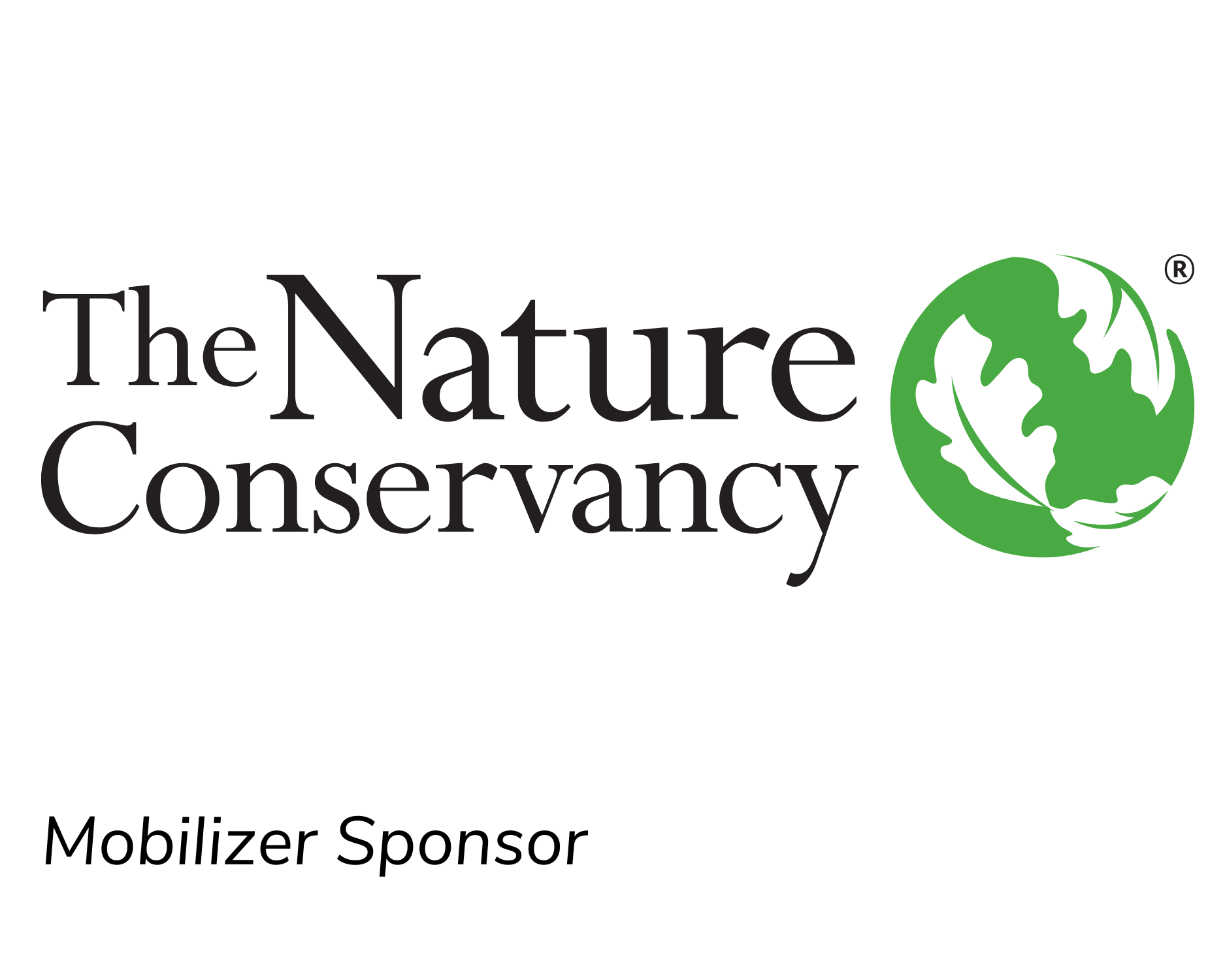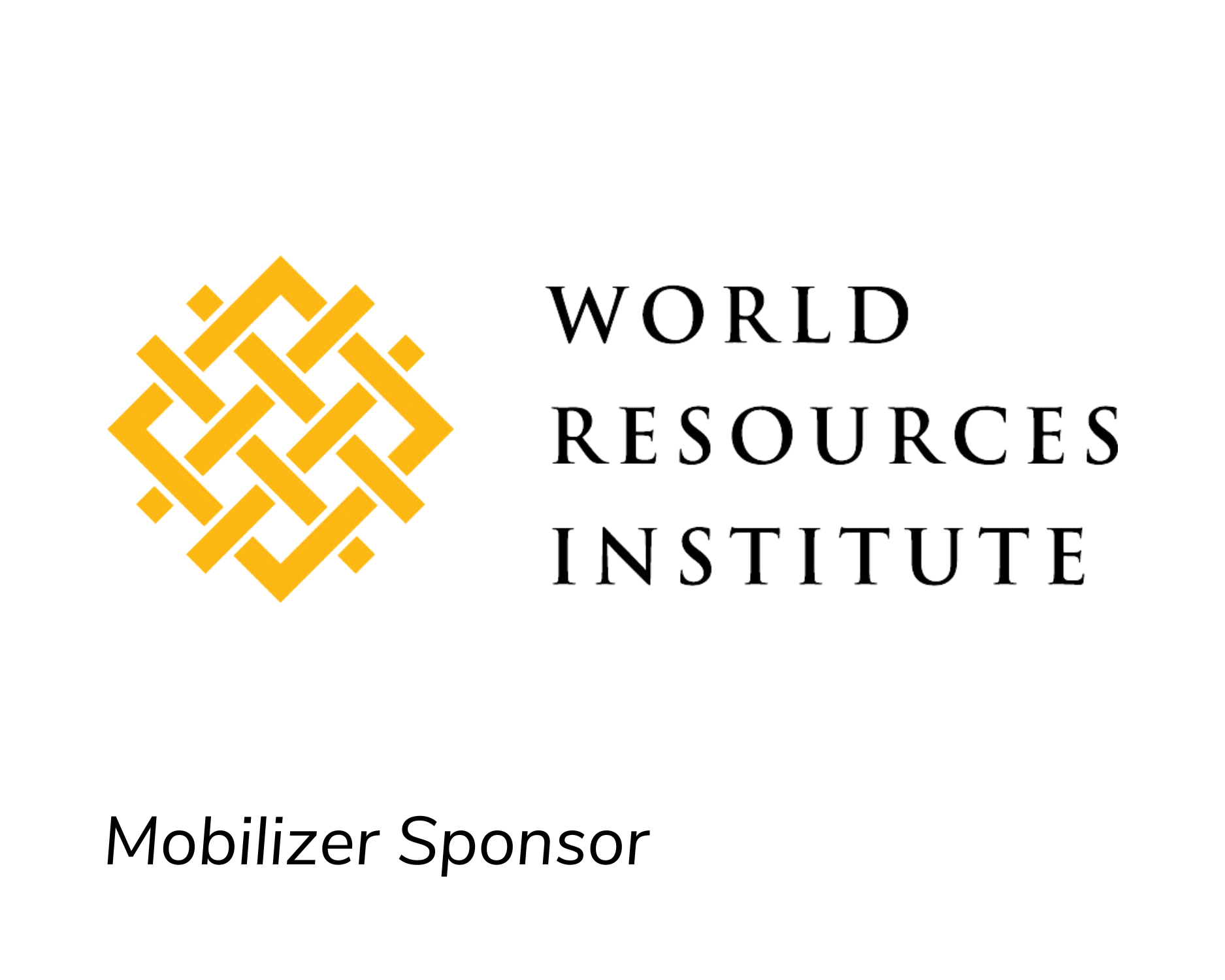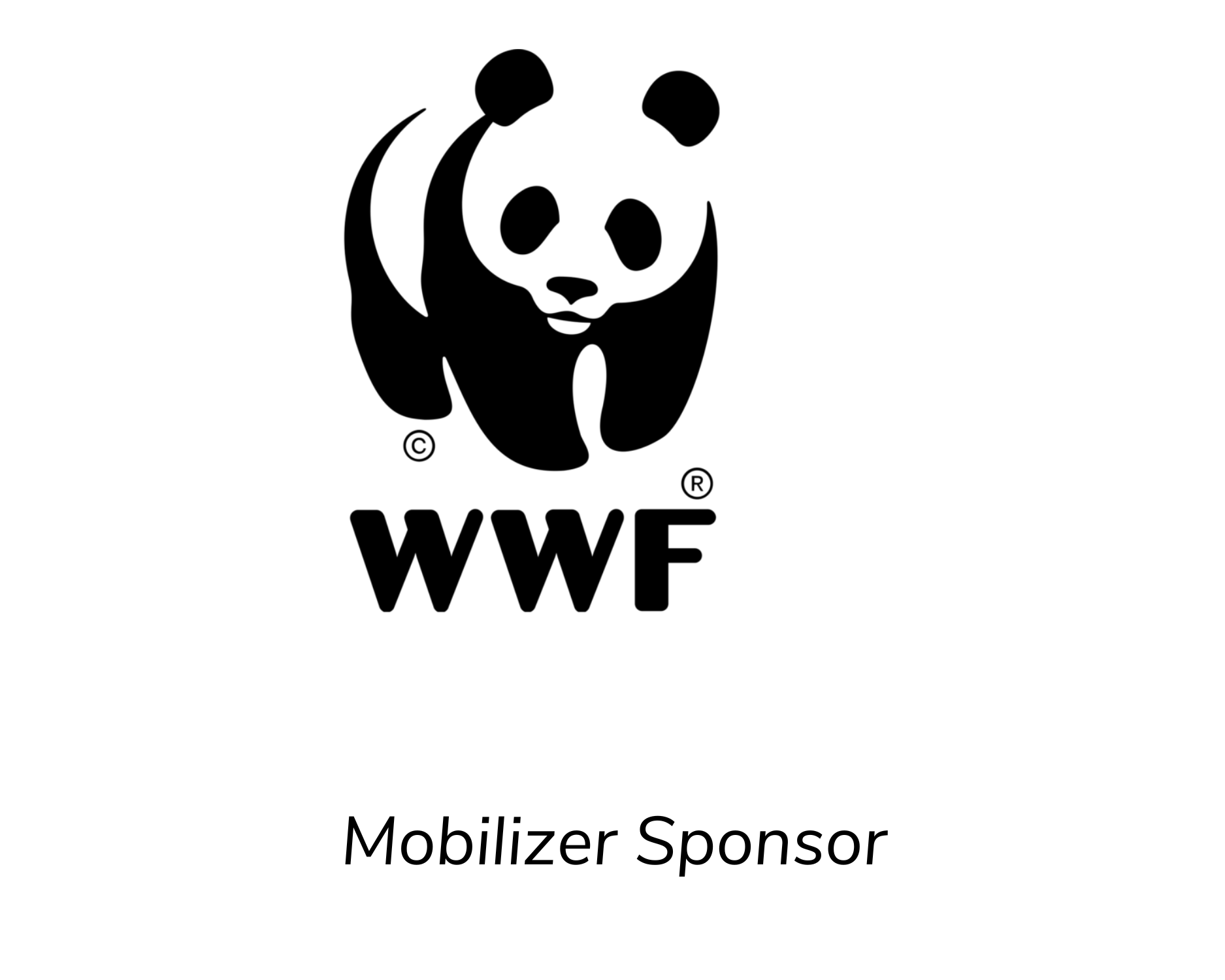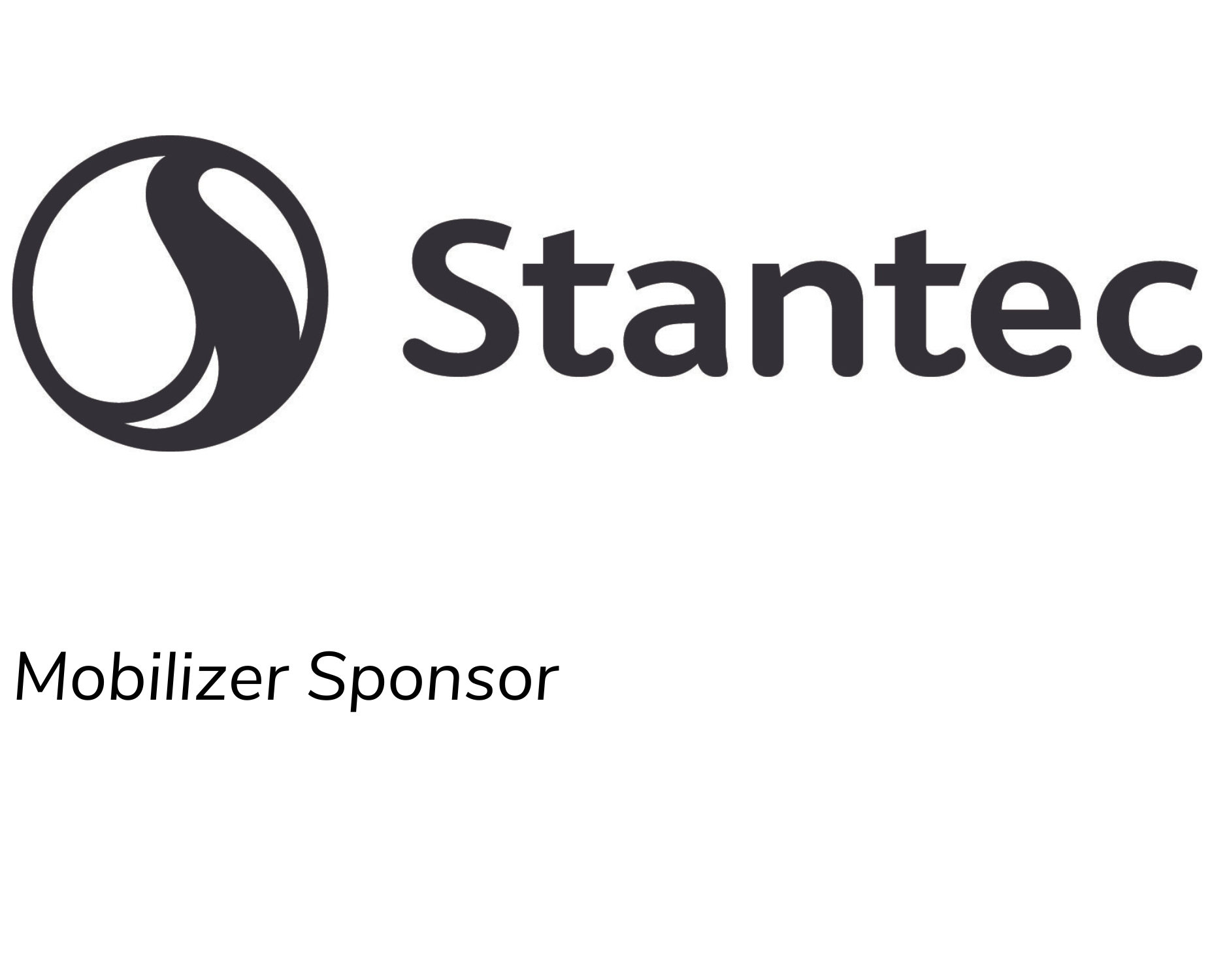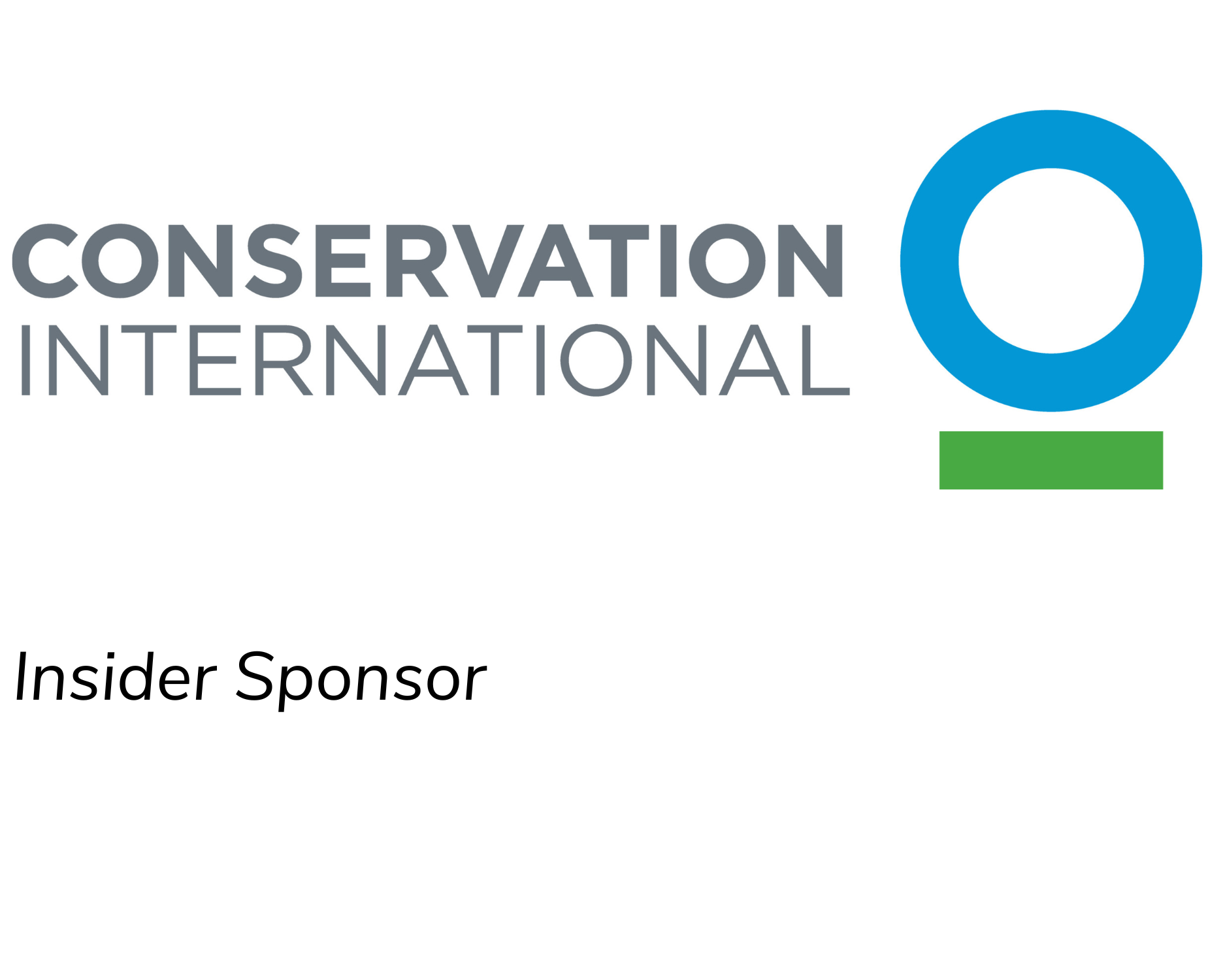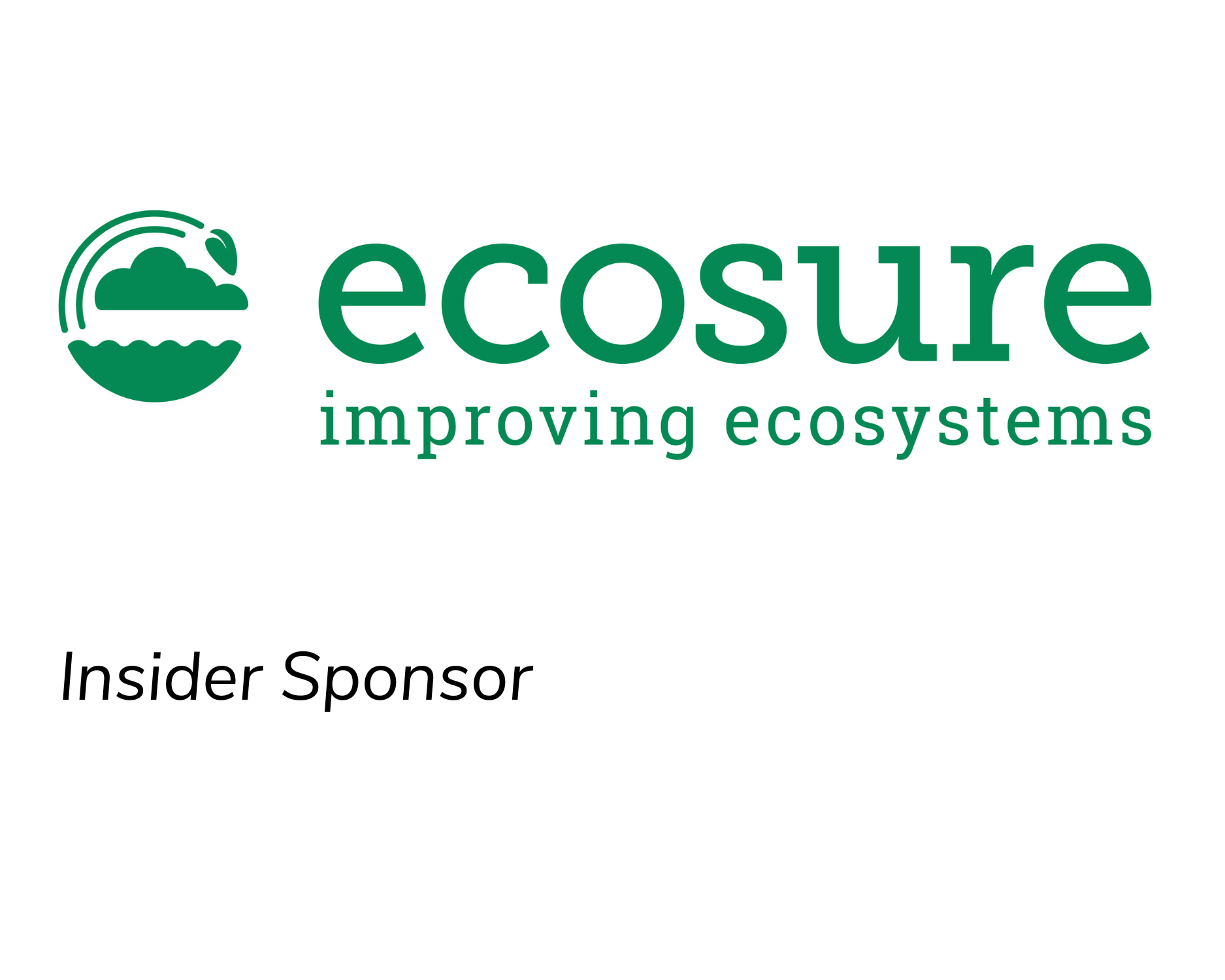
Welcome Ceremony and Opening Reception

Opening Plenary | Indigenous Led Restoration

Symposia #44 The UN Decade on Ecosystem Restoration: best practices for repairing ecological integrity and enhancing human wellbeing. Organiser: Cara Nelson
The United Nations General Assembly declared 2021–2030 as the United Nations Decade on Ecosystem Restoration. The Decade offers an opportunity to substantially advance restoration practice, science, and policy, but to do so requires a shared vision of ecosystem restoration and the principles that underpin it, as well as clear standards for what constitutes best practice. Towards this end, UN Decade partners engaged in a multi-stage process to collaboratively develop principles and standards of practice for ecosystem restoration, based on existing published guidance from a broad range of restorative activities and input from over 400 experts in the field. The principles and standards provide the essential tenets of ecosystem restoration that should be followed to maximize net gain for native biodiversity, ecosystem health and integrity, and human well-being, across all biomes, sectors and regions. This symposium addresses the critical importance of a shared vision and standards of practice for achieving the ambitious goals of the UN Decade on Ecosystem Restoration, as well as best practices for planning, implementing, and monitoring and evaluation of restoration projects. The session will begin with an overview of contributions of the UN Decade on Ecosystem Restoration, followed by an overview of the principles and standards of practice. A moderated Q&A session will follow the presentations.

Symposium #9 Overcoming dryland restoration failures with new opportunities. Organiser: Todd Erickson

Symposium #72 Using environmental DNA (eDNA) as a non-invasive, cost-effective tool for rapidly measuring site biodiversity baselines and enabling efficient monitoring of change in habitat restoration initiatives. Organiser: Karma Bouazza
Environmental DNA (eDNA) is a rapidly emerging tool for remote rapid biodiversity monitoring, making large-scale biodiversity assessments more cost and time effective, and providing highly accurate repeatable results. eDNA is being used as a tool in prioritizing and planning ecological restoration activities, and then monitoring their results. The symposium will present how eDNA is being used in diverse contexts for conservation and ecological restoration in Australia, Kazakhstan, Lebanon, New Caledonia and UK, firstly assessing biodiversity at a species level, creating baselines, informing priority restoration activities, and then monitoring project results, while aiding global biodiversity assessments.

Workshop #71 People centered approach for integrated ecosystem and landscape restoration in Lebanon. Organiser: Abdo Nassar
Authors - presentors: Abdo Nassar (3), Joseph Bechara (1), Mireille Jazi (5), Sophie Mansour (4), Joelle Salameh (2)
Keywords: Stakeholder engagement; Gender Integration,
Female
Empowerment, Local Communities, Bio-Corridors, Forest
Management,
Reforestation, Community engagement, Fire Patrol,
Firewise, Fireshed,
Agroforestry, Sustainable Ecotourism and Youth
Engagement.
Introduction
Knowing the value of people-centered approach for
integrated ecosystem
and landscape restoration, the proposed workshop will
introduce various
methodologies and initial findings from Lebanon, where
an approach on
developing a Social and Environmental Corridor (SEC)
strategy will be
introduced, highlighting the involvement of local
communities with a
focus on empowering women and youth in the sector. With
ecological
corridors connecting different species, fauna and flora,
favoring the
conservation and/or re-establishment of species in
disturbed landscapes,
the Lebanon Reforestation Initiative, through its
scientific approach
to restoration, will describe step by step the concept
of the Social and
Environmental Corridor strategy, where local communities
are integrated
in the center establishing successfully and sustainably
corridor
strategies. Moreover, the importance of an integrated
and sustainable
forest management planning approach that aligns national
strategies with
local initiatives will be shared and a case study on
forest management
will be presented, covering the planning, implementation
phase with
reflections on cost and ecosystem services. Detailed
examples of
successful activities that were planned and implemented
under the SEC
strategy will be introduced, specifically 1) the
Fireshed and Firewise
approach that has demonstrated to be efficient for
improved fire risk
management; 2) the creation of Eco Parks that plays a
major role in
engaging youth in conserving the restored lands and
managing the natural
resources; 3) the reforestation sector in Lebanon
covering a research
study for producing species suitability maps and adopted
reforestation
practices while engaging communities; 4) Agroforestry
approach as a way
to improve land use while engaging the private sector
and 5) Role of
international entities such USFS in empowering local
environmental
initiatives and creating network for knowledge exchange.
_002.png)
Symposia #102 Urban Restoration. Organiser: Rachel Nepia
Urban environments represent the key to unlocking global sustainability. They are a key interface between cultures, and incubators for interest in urban restoration. Better appreciating the cultural significance of urban biodiversity and opportunities to overcome social inequity via urban restoration activities that have strong foundations in indigenous culture is vital to restoration success in urban environments.
This symposium will take a holistic approach to addressing the challenges and benefits of urban restoration focusing on the following key topics:
- Urban design for restoration
- Restoring wildlife and managing pests in urban environments
- New tools for assessing the potential of urban restoration in helping human health
- Co-developing restoration approaches with indigenous groups for urban restoration outcomes
Join us for a related workshop on Wednesday afternoon to delve deeper into the challenges and opportunities of urban restoration.

Workshop #31 Regenerative Creatives: building ecological awareness using art with nature and people. Organiser: Birut Zemits.

Symposium #14 Accounting for the Restoration of Natural Capital. Organiser: Sarah Luxton

Symposium #36 Restoring coastal and floodplain wetlands by controlling feral ungulates – opportunities to incentivise restoration. Organiser: Valerie Hagger
Feral ungulates (e.g., cattle, pigs, buffalo) damage wetlands, reducing biodiversity, water quality and cultural heritage values. Feral ungulates may contribute to greenhouse gas emissions through their disturbance of soils and vegetation, but the levels of carbon abatement achieved with their control is not well characterised across Australia. Studies in wetlands in northern Australia have shown that removal of feral ungulates can increase vegetation cover, plant species richness, and recovery of rare species. Furthermore, visual indicators of wetland condition were found to match changes in more laborious invertebrate analysis and could be used as indicators of biodiversity change.
Despite the widespread damage feral ungulates cause, funding for management has been inadequate to address the problem. Many Traditional Owners undertake feral ungulate control programs and collect data on their impacts and effectiveness, but these activities are not well funded over large areas. To be effective, management of feral ungulates must be funded over extended periods, which requires novel approaches to financing the management of feral ungulates. Payments for carbon abatement and biodiversity enhancement by removing feral ungulates from wetlands may provide a stream of finance that could support long term management of feral ungulates.
This symposium will bring together scientists, Indigenous groups, and Traditional Owner groups undertaking feral ungulate control and characterising the benefits of feral ungulate control in wetlands in northern Australia. The aim is to share knowledge on successes, challenges, and benefits to underpin development of a new carbon restoration method, where payments for carbon credits and biodiversity enhancements would fund long-term management of feral ungulates, including on Indigenous lands.

Open Session: Seeds and Climate Considerations/Seed Technology and Innovation in Restoration

Open Session

Open Session

SER - Asia Network Group Lunch

Join the UN Decade on Ecosystem Restoration Climate Challenge: Uniting for Ecosystem Restoration
Step into the forefront of the global environmental and climate action movement with the UN Decade on Ecosystem Restoration Climate Challenge. The Climate Challenge is a core part of the UN Decade on Ecosystem Restoration Action Plan and open for new members! With the resounding call for collective action, we invite individuals and organizations dedicated to revitalizing our planet's ecosystems to join us.
The side event will be an open discussion session (1 hour) during lunch on Wednesday, 27 September 2023. This session will give a background into the goals and action plan of the Climate Challenge as well as kick-off the first in-person, global discussion on how to nurture and expand our collective action.
The first 20-min will be a verbal presentation that gives a big-picture of the many globally recognized restoration goals and explains how the Climate Challenge will contribute to these goals and the action plan. The next 40-min will be focused on fostering an open discussion between those interested in the Climate Challenge to:
- Network and Connect: Engage with like-minded changemakers, fostering collaborations that combine collective actions towards the same goal.
- Build a community: Nurture the growth of a united front as we discuss how individual efforts can contribute to a larger, transformational movement.
Who should attend? Conference participants interested in natural regeneration-based restoration approaches, UN Decade on Ecosystem Restoration partners and advisory committee, decision makers and representatives of government, companies and non-government organizations that are interested in promoting implementation and documenting cost-effective benefits of ANR.
The event is open to all delegates at the conference.
Co-host organizations: Conservation International, 20x20, AFR100, AFoCO, FAO, Global Rewilding Alliance, UNEP
.jpg)
Workshop #32 Achieving the vision of the UN Decade: Key capacity development initiatives to foster and enhance ecosystem restoration.
In 2022, a Capacity, Knowledge, and Learning Action Plan for the United Nations Decade on Ecosystem Restoration was developed by the FAO-led Task Force on Best Practices to address capacity gaps identified through a global assessment. The action plan proposes eight capacity development initiatives tailored to the needs of practitioners, professors and researchers, community groups, youth, policymakers, extension professionals, the finance sector and the private sector. It aims to achieve three main objectives: i) develop individual and organizational capacity across sectors and scales; ii) foster networks, partnerships and collective action mechanisms; and, iii) strengthen the enabling environment for ecosystem restoration. The workshop will present ongoing efforts and opportunities for collaboration in the implementation of the capacity development initiatives part of the action plan.

Open Session: UN Decade & Scaling Up Restoration
A series of knowledge base and state of the art presentations from different regions followed by discussion based on the identification of needs, solutions and proposals for future work on implementationing and priorizing ecological restoration projects and examining practical means to incorporate the restorative continuum in actual policy priorities to achive UN Decade on ecosystem restoration goals.

Symposium #10 Conservation Stories across China: Reclaiming habitats for endangered species through eco-restoration and Exploring nature-based solution with community participation. Organiser: Jin Xiao

Symposium #69 Management for scaling up ecological restoration with a socioeconomic outlook: A case study from Brazil. Organiser: Karina Cavalheiro Barbosa

This breakout session explores the ecological and social dimensions of blue carbon projects, which are important for climate change mitigation, biodiversity, coastal protection, and human industry. Drawing on global case studies from Kenya, Mozambique and Australia, the speakers will highlight exciting new opportunities for protecting coastal wetlands and interrogate key factors underpinning the successful conservation and restoration of seagrass meadows, tidal marshes, mangrove forests, and supratidal swamps. This session aims to raise awareness of socio-cultural wetland values, demonstrate how community engagement can enhance restoration outcomes, and identify opportunities for blue carbon projects that benefit landholders and coastal communities. Those attending will be offered a new perspective on the conservation and restoration of coastal wetlands centred on those worst affected by their degradation and who will benefit most from their revival.

Open Session: Soil health and Seed Banks in Restoration
The importance of soil health and seed banks in the context of ecological restoration remains a critical area for academic discourse and applied research. This session seeks to advance our understanding of how various soil amendments, management practices, and the role of seed banks contribute to the restoration of degraded and disturbed landscapes. Through a confluence of case studies and empirical research, the session aims to provide insights into best practices and methodological approaches for soil health enhancement and effective utilisation of seed banks in restoration projects.

Open Session: Genetics and Seed Development in Mining/Technology and Innovation in Mine Restoration
Seeds are a key to ecological restoration whether they are naturally dispersed or used for hydroseeding or planting. It is thus essential to optimize their supply by the establishment of seed orchards whose production must be optimized but it is also the entire sector from collection to germination which must be. Mining activities lead to significant degradation of natural environments. Their restoration can be done passively through natural colonization or actively through the action of man who seeks to optimize it by developing innovative techniques. Whatever the case considered, a target vegetation must be achieved and it appears essential to put in place tools to monitor the evolution of the ecosystem. Such a survey will indicate the appropriate adjustments to be made to achieve the initial objectives.
All these aspects will be approached in several type of mine all around the world from open-cut coal mine in Australia, copper and gold mine in Papua New Guinea or in East Cameroun, nickel mine in New Caledonia, and European mines making restoration success the central point of all these works.

Open Session: Technology and Innovation in Restoration

Workshop #96 Co-designing Indigenous-led supply chains for just restoration actions. Organisers: Danilo Urzedo and Cathy Robinson
Indigenous-led supply chains drive inclusive and innovative restoration practices that generate social, economic, and cultural benefits across the world. In this workshop, Indigenous organizations will showcase native plant material supply experiences from the Xingu Seed Network in the Brazilian Amazon, revegetation and koala monitoring actions from the River Nations Indigenous Corporation in Queensland, multiple benefits from savanna burning in the Warddeken Indigenous Protected Area in the Northern Territory, and integrated feral animal practices and economies supported by the North Australia Indigenous Land and Sea Management Alliance to facilitate reflections and discussions on transformative strategies towards equitable and just restoration supply chains.

Workshop #2 Investing in The Future: Private Land Acquisition for Eco-restoration - challenges and opportunities. Organiser: Basil Schur
To Buy Or Not To Buy - That is the Question !
Gondwana Link (https://gondwanalink.org/) is an ambitious landscape scale conservation program across 1000km of southwestern WA, a global biodiversity hotspot.
Many properties have been bought for conservation and restoration focussing around the iconic Stirling Ranges. Outstanding progress has been made but the challenges are big
This participatory workshop is for celebrating achievements, learning about what works and sharing tips.
We want to hear from you !
Basil Schur ( Green Skills), Alex Hams (Bush Heritage Australia ) and Louise-Marlna Tarrier (Carbon Positive Australia) will provide brief introductions to the workshop topic.
This participatory workshop aims to explore the challenges and benefits of private acquisition of high conservation value properties as part of landscape scale projects. It will also highlight the major difficulties and opportunities associated with acquision in Gondwana Link and what has worked well. We will illustrate this with reference to various properties acquired for Gondwana Link including the Tootanellup bought by Green Skills for eco restoration ( https://www.youtube.com/watch?v=zhR9VjVLV_c ) and Ediegarrup by Bush Heritage Australia

UN Decade Flagship Pavilion - The Bamboo Village Trust Fund: Restoring Ecosystems Through Village-based Bamboo Agroforestry Champions. Organiser: Arief Rabik

Symposium #117 Trinational Atlantic Forest Pact UN Restoration Flagship: integrated outcomes to the UN Decade on Ecosystem Restoration. Organiser: Taruhim Quadros & Alex Mendes

Open Session: Indigenous- & Community-led Restoration

Open Session: Fire in Restoration Practice and Indigenous-led
Fire presents challenges but also opportunities for ecological restoration. This session provides a comprehensive global perspective, emphasizing the divergent impacts of managed and unmanaged fire. Evolving practices and knowledge have elevated fire's role in landscape restoration. Placed in the context of traditional ecological knowledge and practice, fire contributes to restoring biodiverse and cultural landscapes. Conversely, the escalating frequency of severe wildfires across diverse biomes impacts not only ecological outcomes of our restoration efforts, but also the people who do the restoration work.
Symposium #29 Adaptive habitat management in a changing climate: challenges in the ecological and cultural restoration of coastal wetlands in regions vulnerable to drought conditions. Organiser: Anna Armitage

Symposium #95 Soil microbial communities are 'first responders' in the restoration of drylands and savannas. Organiser: Wendy Williams
Deserts, semi-arid and monsoonal rangelands and savannas rely on capturing rainfall and nutrient resources during windows of opportunity. Contributing to resource capture are communities of mostly microscopic organisms that create protective structures at the interface of soil and atmosphere. Phototrophs (cyanobacteria, lichens, algae, liverworts, mosses) interact with heterotrophs (bacteria, fungi) in biodiverse communities in the upper millimetres of soil, forming biocrusts. Biocrusts fix nitrogen (N) and carbon (C), cycle nutrients, stabilise soil and assist rainfall infiltration.

Open Session: Restoration in Mining

Symposium #19 International Symposium on Artificial Intelligence-Based Field Application Technology for Ecological Forest Restoration (On Wed 27). Organiser: Jungeun Song
Chairman: Changseok Lee
Over the past half century, Korea has emerged as the only
country in
the world to succeed in reforestation, and is now
seeking a vision
for the next 100 years of forestry.
The Korea Forest Service is working to develop
professional technologies
to support and establish a policy foundation for
expanding and
developing forest restoration into new business areas.
This international symposium was held as a special
session at the World
Society for Ecological Restoration in Darwin,
Australia, a city
rebuilt from two ruins.
To commemorate the 50th anniversary of Korea's land
afforestation, we
plan to share our country's forest restoration
achievements and the
development and practicalization strategies of
cutting-edge technologies
for ecological forest restoration.
The symposium will consist of topic presentations and
discussions by
domestic and foreign experts on the Korea Forest
Service's policy
technology trends for ecological forest restoration,
forecasting and evaluation techniques for carrying
out forest
restoration projects, and international programs.
.png)
Workshop #103 Urban Restoration: challenges and benefits of urban restoration, and paths forward toward sustainable city living. Organiser: Rachel Nepia
Urban restoration is a topic of increasing interest globally because of the growing challenges of urban living, and the benefits that come from nature thriving in urban centres. This workshop follows on from the ‘Urban Restoration’ symposium to facilitate deeper drilling into the future of urban restoration, and paths forward toward sustainable city living. SER 2023 represents a unique opportunity to harness the collective power of a global network of restoration researchers, practitioners, and policy makers. In this workshop we will work together to generate cross-sectional understanding of knowledge gaps, future perspectives, opportunities, and challenges of urban restoration.
Help us out with some pre-workshop background info by filling in this form: https://forms.gle/1QTgbiPYXVAACYDu7.
The workshop will begin with an introduction by Martin Breed (Flinders University). We will then break into four discussion groups based on four themes:
- Biodiversity – with Stephen Hartley and Bruce Clarkson
- Human health – with Craig Liddicoat and Martin Breed
- Indigenous-led restoration – with Erana Walker, Sera Gibson and Wiremu Puke
- Designing biodiverse urban areas – with Yolanda van Heezik and Kiri Wallace
The group discussions will focus on challenges and opportunities for urban research, exploring what we know now, What we would like to know, and any key examples or case studies that relate. We will then take a short break, before resuming to combine the findings of each of the discussion groups and collect feedback.
The aim of the workshop is to produce a publication highlighting cross-sectional understanding of opportunities and challenges of urban restoration from a global audience, as well as a horizon scan forward of opportunities and challenges for restoration in urban environments. If you are interested in being part of the writing process for this publication, please contact our Programme Manager, Rachel Nepia at peoplecitiesnature@gmail.com.

Open Session
.

Open Session

POSTER SESSION: Biodiversity; Arid/Semi-Arid; Grasslands

POSTER SESSION: Coastal, Marine & Wetland; Indigenous, Social & Economics. Moderator: Aaron Eger

POSTER SESSION: Forests; Ecosystem Services

POSTER SESSION: Seeds; Soils; Methods & Scaling. Moderator: Vern Newton

Royal Commission for AlUla Side Event
Join the Royal Commission for AlUla for an evening highlighting the Commissions ambitious plans for nature conservation in AlUla, Saudi Arabia. The Royal Commission for AlUla was established to protect and safeguard AlUla, a region of outstanding natural and cultural significance with stunning landscapes and wildlife.
The evening’s talks and film will cover aspects such as the Commission’s large-scale ecosystem restoration goals and methods, species reintroductions such as the Arabian Leopard and, the Commission’s aspirations regarding eco-tourism and sustainable development. The evening will consist of talks, a short film and Q+A with drinks and canapés to be served. 27th September 2023, 7-9pm. Room 8 Lobby Lounge.

Student and Emerging Professional Event - Ecological Restoration Careers - Panel Discussion

Plenary Day 2 | High Level Plenary Panel: Making the Business Case for Ecological Restoration

Symposium #60 Blue and teal carbon ecosystems as a nature-based solution to climate change. Organiser: Stacey Trevathan-Tackett.
Please join us on Thursday morning for our symposium on wetland restoration as a Nature-based Solution to climate change. Our speakers will present on a range of restoration research from both freshwater and coastal wetlands. Topics will include site- and landscape-scale restoration activities, as well as a global-scale freshwater wetland meta-analysis. We will discuss short-to-long-term outcomes of wetland recovery, while also identifying the decisions that go into restoration projects and the opportunities for future restoration of these invaluable ecosystems.

Symposium #76 New approaches for data integration to prioritize restoration projects. Organiser: Andres Felipe Suarez Castro.

Symposium #38 New Guidance: The SER International Principles and Standards for the Ecological Restoration and Recovery of Mine Sites. Organiser: Renee Young.
Mining is one of the world’s largest contributors to the global economy contributing US$544.4 billion in 2020, yet the process of mine site restoration that achieves relinquishment is a challenge felt across the industry. As a part of the closure process, mining companies are often required to return or transfer land impacted by their activities in a condition that is suitable for the next agreed upon land use. In many cases this is the same general land use that was present prior to disturbance, and often consists of a native ecosystem. In these instances, ecological restoration approaches are required.
The SER International Principles and Standards for the Ecological Restoration and Recovery of Mine Sites present a robust framework for delivering high-quality ecological restoration of mine sites. They highlight the role that mine site restoration has in connecting industry with social, community, and ecological productivity; as well as providing recommended performance measures.
As a standalone industry, mining is well positioned, if an expanded commitment to ecological restoration were made, to reinstate impacted biodiversity values and ecosystem services, and support commitments to human wellbeing and traditional uses of the land. In this special symposium and high-level panel, we examine the document and draw on case studies to demonstrate how the principles are in use around the world. We explore options to demonstrate how industry and government can use these standards within existing internal and external processes to address mining-specific challenges, minimise the recovery gap and move towards net gain. Concluding the session is a high-level panel to discuss the ability of the SER Mine Site Restoration Standards to be the bridge for successful mining transitions.

Symposium #35 Governance in Restoration Monitoring: From Local to Global. Organiser: Tainah Godoy and Cézar Borges.
The goal of this symposium is to debate a monitoring data governance that encompasses regional, national and global scales, using reliable data. For this, we present the Restoration and Reforestation Observatory platform, an initiative hosted by the Brazil Coalition for Climate, Forests and Agriculture. We will discuss the integration of several monitoring initiatives in different scales of coverage and sources, highlighting the potential benefits and challenges of this spatial approach coupled with on-ground data collection and validation.The guests are representatives of monitoring platforms such as Restor, Araticum, Pacto, and Aliança.

Workshop #86 Design Futuring for Ecological Restoration: Using Design Methods for Analysis and Creative Reframing in Restoration Projects. Organiser: Madeline Sides.
Are restorationists historians, futurists, or a bit of both? This workshop will make the case for considering ecological restoration as a design futuring activity. In the workshop, restorationists will learn two useful methods from design research and futures studies that can help manage the delicate socio-technical-ecological complexity of their work.
Through a group activity, we will link together one analytical method from futures and foresight studies: the Causal Layered Analysis (1), and one generative method from design research: New Metaphors (2).
Participants will quickly learn and then apply CLA to identify the systemic factors, core metaphors and fundamental stories at the heart of restoration work, including the limitations of these “old metaphors”. We will then try to re-imagine these “old metaphors” through using the creative process toolkit known as New Metaphors. By identifying, critiquing and reframing the core metaphors that may be enabling or hindering ecological restoration work, restorationists will gain a new method in their toolbox for approaching complexity and ecological change.
This workshop will introduce just two of the many methods and frameworks from design research and futures studies that can be applied to ecological restoration challenges. Practitioners will leave with two new analytical and creative methods relevant to some aspect of their restoration work. The workshop will also aim to seed curiosity in the restoration community for greater engagement with design research and practice.

Workshop #30 World reference ecosystems: the Blue List of Ecosystems. Organiser: Geraldo Fernandes

Symposia #28 Towards a National Restoration Plan: co-designing Australia’s ecosystem restoration targets. Organiser: Kristin Den Exter.

Symposium #92 FLR in Africa Initiative: Enhancing landscape restoration implementation across Africa. Organiser: Severin Kalonga.
FLR in Africa Initiative: Enhancing landscape restoration implementation across Africa
Thematic of the session: Integration across scales Restoration in Practice
Landscape restoration is a global agenda under the Bonn Challenge. The African Forest Landscape Initiative (AFR100) is the continental vehicle to restore 100 million hectares of degraded land and deforested landscapes in Africa by 2030. Forest and landscape restoration (FLR) are among those processes that apply to reversing land degradation, forests and agricultural areas, thereby regaining their ecological functionality at landscape level to achieve multiple benefits. The AFR100 reports a total of 34 countries which have already committed to restore 129.5 million of degraded lands and deforested landscapes by 2030. However, it has been evident that the implementation of such commitments has been very slow. Among the key challenges include limited knowledge of the concept of forest landscape among practitioners, inadequate technical capacity and information.
This session will be used to communicate practical experience and knowledge in mitigating prevailing challenges which will enhance and accelerate restoration on the ground at scale.

Symposium #118 Cultural keystone Iinnii (Bison) Rematriation revitalizes and restores ecologically and culturally significant Kainai grasslands. Organiser: Kansie Fox.

Symposium #16 Institutional challenges and arrangements that allowed the implementation of large scale restoration in tropical forests - Opportunities and consequences for public policies. Organiser: Paulo Guilherme Molin.
Increasing Forest cover through the ecological restoration of terrestrial ecosystems has been the most promising strategy for achieving global goals aimed at mitigating climate change and resuming the various ecosystem services promoted by forests. The Brazilian Atlantic Forest revealed thousands of hectares of forest recovery in the last 30 years, most of which are the result of land abandonment and natural regeneration. However, some of the restored sites are consequences of important and successful stakeholders (public companies, NGO’s, governments) with ambitious large-scale restoration initiatives. This symposium will present and discuss how different institutional arrangements are organized, their specific objectives and performance over the years, as well as opportunities and consequences for public policies. A sum up will close the symposium, integrating how large research proposals have teamed up with these stakeholders to create better large-scale and spatially explicit strategies and enrich public policies to implement restoration for different ambitious goals. We consider that these arrangements can serve as strategic models for other tropical biomes and arrangements that aim for the UN decade of restoration.

Open Session: Governance & Policy

Open Session

UN Decade Fireside Chats

Introducing the GEF8 Ecosystem Restoration Integrated Programme: A Transformative Portfolio of 20 Countries with Global Impact.
CI was officially confirmed as the Lead Agency for the Ecosystem Restoration Integrated Programme (IP) under the Global Environment Facility’s GEF8 Programming Directions in December 2022. With 20 countries across the globe in the Programme, each implementing their own innovative restoration projects, through the Global Coordination Project (GCP) CI will serve as the aggregating force to oversee, coordinate, and harmonize those 20 Country Projects (Angola, Brazil, Cambodia, Chad, Congo DR, Cote d'Ivoire, Haiti, Madagascar, Mali, Mauritania, Mexico, Mozambique, Nepal, Peru, Rwanda, Sao Tome and Principe, Sierra Leone, South Africa, Uzbekistan, Vietnam).
The side event will be an open discussion session (1 hour, 12:45 to 1:45 pm) during lunch on Thursday, 28 September 2023. The session will provide key information on and insight into the GEF8 Ecosystem Restoration Integrated Programme as well as create a space to kick-off interesting conversations about scaling, amplifying, and supporting the diverse impacts of the GEF8 ERIP.
The first 30-min will be a presentation from the Conservation International Global Coordination Unit (GCU), which will include
- an overview of key background information on the ERIP, including the countries in the Programme,
- an update on our current progress,
- a short presentation of our Results Framework (which lays out the outputs, outcome, and activities through which we hope to implement the GCP),
- areas of collaboration with other restoration actors.
The second half of the session will consist of Q&A and discussion focusing on potential contributions and innovations from the programme to the broader global restoration community.
Who should attend? The global restoration community and practitioners, SER2023 participants interested in learning about our restoration portfolio, ministers/government representatives, private sector, international organizations (environmental, women, indigenous, youth, etc.).
The event is open to all delegates at the conference

Symposium #90 Attracting private sector investments to unlock smallholder producers’ access to sustainable finance for large scale implementation of the AFR100 Initiative. Organiser: Mamadou Diakhite.

Symposia #85 High quality forest landscape restoration accelerated by global corporate sector investments. Organiser: Daniel Arrifano Venturi.
There is an urgent need for corporate leaders to set and meet rigorous nature and climate targets by investing in high-integrity and nature-based solutions. To that end, WWF has been actively engaging with companies to set a new, high bar for leadership on nature, people, and climate, by supporting high quality Forest Landscape Restoration efforts across the globe.
Forest Landscape Restoration goes beyond on-the-ground actions by including activities that are essential for the long term persistence of the forest landscape restoration impacts, such as connecting global, national, and regional restoration goals, strengthening local forest restoration networks, advocating for enabling policy conditions, and promoting co-investments (including private and blended finance).
Through global private sector engagement platforms, like the Forests Forward Program, WWF is driving real, lasting impacts in important forest landscapes, including the Atlantic Forest (Brazil), Madre de Dios (Peru), and the Forests of Eastern Australia. The experience of the on-the-ground work under implementation in these three priority landscapes is providing valuable contributions, lessons learned inspiring us and our partners to build financial mechanisms and strong corporate partnerships to scale Forest Landscape Restoration globally.
Engaging the private sector to support high quality Forest landscape Restoration is a crucial strategy to achieve the ambitious goals and opportunities set for the UN Decade on Ecosystem Restoration.

Symposium #97 Anti-colonial mine site reclamation, restoration and land guardianship in northern Canada. Organiser: Krystal Isbister.
This symposium features speakers from Indigenous-led reclamation projects in northern Canada and Australia to center and celebrate the on-the-ground, layered work of decolonization, self-determination, guardianship and reclamation, with the aim of creating cultural resurgence via restoration.

Symposium #66 Economic chain of forest restoration: the experience of Doce river Basin in southeast Brazil. Organiser: Leandro Luiz Ferreira Abrahão.

Symposium #22 Coastal wetland restoration – quantifying and regulating the provision of co-benefits. Organiser: Justine Bell-james.
Coastal wetlands across the globe have been subject to significant degradation and loss, and there is a pressing need to invest in widespread restoration of these critically important ecosystems. Progress in this space has lagged behind terrestrial environments for a multitude of reasons including costs and legal and policy barriers.
In many countries the tide is turning, and interest in coastal wetland restoration is increasing. For example in Australia, the recently released Blue Carbon methodology has paved the way for rapid uptake of restoration projects with a clear financial benefit through the generation of carbon credits. The Nature Repair Market will provide another clear financial incentive for investors to restore coastal environments.
To achieve coastal wetland restoration at scale though, there is a need to accurately measure and quantify co-benefits (additional to carbon sequestration) provided by projects and ensure that there is legal and policy machinery in place to secure these rights. Economic feasibility assessments have shown that in many cases coastal wetland restoration would not be profitable under carbon markets, because payments from carbon abatement alone are not sufficient to outcompete agricultural production. Furthermore, in the long-term money from offsetting emissions should diminish as the world moves towards net zero. Therefore, restoration projects need to consider alternative sources of funding, such as payments for other ecosystem services. Quantification and economic valuation of coastal wetlands for biodiversity, fisheries and coastal protection benefits can provide the evidence to finance restoration projects under other markets, such as the emerging biodiversity market.
This symposia will explore these issues through a multi-disciplinary lens involving science, law and policy, and bring together researchers from Australia, Vietnam and Papua New Guinea.

Symposium #23 Coral Reef Restoration – interventions, impact, and scale. Organiser: Alicia Mcardle.

Open Session: Soil biota and health

Workshop #126 Workshopping a National Restoration Plan for Australia. Organisers: Tein McDonald and Kristin De Exeter

Workshop #75 Get the most out of Restor: Your digital home for restoration action. Organiser: Simeon Max
Restor is a new science-based open data platform to bring online the global restoration movement. Our goal is to enable and accelerate nature restoration and conservation around the world. Connecting everyone on one digital platform helps facilitate the exchange of resources within the network such as funding, monitoring tools or restoration knowledge. The objectives of this workshop are
(1) to assist the audience in setting themselves up on Restor
(2) to make the audience familiar with the benefits and use cases of Restor so that they understand how and which restoration challenges Restor can help solve;
(3) to gather input and feedback that will inform the future development of the platform. We will start with an impulse presentation by Restor, and a few active Restor users to showcase real user profiles and Restor benefits.
In the next part, we will guide the audience in setting up their profiles and explain how they can present their profiles publicly in the best possible way. This will lead into an interactive session where we discuss in an interactive way what challenges restoration groups can solve by using Restor. This includes monitoring progress on the ground, improving the quality of implementation, or fundraising. At the end of the session, the audience will be familiar with Restor and knowledgeable about how to leverage the platform to solve their restoration challenges. We will wrap up with some time for open questions.

Symposium #64 Ecological restoration of wetlands to improve ecosystem service functions. Organiser: Chang Seok Lee

Workshop #25 Knowledge sharing workshop on good forest and landscape restoration practices in Pacific Islands. Organiser: Christophe Besacier, FAO
The aim of this session is to share experiences
and lessons learned both from theperspective of putting
in place the
necessary enabling environment for forest andlandscape
restoration and
actual implementation on the ground.
Participants will be able to engage with country
representatives who
will present examplesof the varied technical tools and
approaches
provided by the International Climate Initiative(IKI)
project to plan,
implement, upscale and monitor restoration in
conjunction with
localknowledge that is enabling the transformation from
restoration
ambition into results.
16:00-16:05 Welcome address - Christophe Besacier,
FAO
16:05-16:15 Overview of the Pacific Islands component of
the project
funded by the International Climate Initiative (BMUV) -
Christophe
Besacier, FAO
16:15-17:00 Country presentations on FLR implementation
- Country
representatives and FLR national focal points
17:00-17:05 Video on Vanuatu and Questions & Answers
facilitated by
Christophe Besacier, FAO
17:05-17:40 Panel discussion on enabling environment
& financing for FLR
facilitated by Benjamin De Ridder, FAO
17:40-17:55 Questions & Answers facilitated by
Benjamin De Ridder,
FAO
17:55-18:00 Next steps and closing remarks - Benjamin De
Ridder, FAO

Open Session: Forest Restoration and Scaling Up Restoration

Open Session: Forest Landscape Restoration, Forestry & Agricultural Lands

Open Session: Indigenous-led Restoration

Open Session: Restoration of Habitat and Threatened Species and Communities

Open Session: Coastal Wetlands Restoration

Open Session: Coral Reef Restoration

Open Session: Seed Utilisation, Sourcing and Genetics

Open Session: Restoration Monitoring and Tools

Workshop #73 Society of Ecological Restoration’s Asia Network: Co-developing visions and pathways within the UN Decade. Organiser: Laura Graham

SER FILM FESTIVAL

Plenary Day 3 | Community Led Restoration

Symposium #55 Scaling up Restoration: Practical restoration projects implemented by The Nature Conservancy in Brazil and Australia . Organiser: Rubens Benini and James Fitzsimons
One of the biggest challenges in restoration is how to move from small-scale to large-scale. There are many barriers for scale to really occur in restoration either in terrestrial or aquatic environments. The objective of this symposium is to discuss restoration projects in practice, led by The Nature Conservancy, in Brazil and Australia, identifying gaps and solutions applied to gain scale. Restoration projects will be presented in different biomes, situations, and methodologies: wetlands, savannas, shellfish reefs, coastal ecosystems and tropical forests where the focus will be to present what has been done in practice to advance in scale, from the engagement of landholders and investors to practical and technological considerations.

Open Session: Habitat Restoration and Biodiversity Recovery

Symposium #20 Assisted Natural Regeneration Alliance: Promoting opportunities and benefits of natural regeneration of forests and savannas at local, regional and global scales. Organiser: Robin Chazdon

Open Session: Climate Change and Carbon
Climate change is adding new dimensions to ecological restoration. Restoring ecological resilience in existing ecosystems has become an important driver for restoration to maintain ecological functions and ecosystem services in an uncertain climate future. The talks in this open session address the complex nature of restoring ecological resilience for climate adaptation and climate mitigation.

Open Session: Coral Reef Restoration

Symposium #61a Native seed standards: Strengthening the supply chain with research and technology - Part 1. Organiser: Simone Pedrini
Native seeds are a key component of most ecological restoration projects. The International Network for Seed-Based Restoration (INSR), a thematic section of SER, in collaboration with a wide range of international experts, has recently developed the First International Standards for Native Seeds in Ecological Restoration (2020). In this series of papers, each step of the native seed supply chain is analysed in depth and recommendations on how to improve the science and practice underpinning the reliable supply and effective use of native seeds are provided. Since the Native Seed Standards were published, numerous researchers and practitioners (from around the world) have been performing experiments and developing new methodologies and technologies to address the major bottlenecks in the native seed supply chain.
In these symposia, some of the top world experts on the topic will discuss the principles and present new scientific and practical outcomes to strengthen each step of the native seed supply chain.

Symposium #27 Restoration Monitoring: Multiple approaches for measuring restoration impacts. Organiser: Cézar Borges

Workshop #24 The Restoration Initiative Program: experience from the field to scale up forest and landscape restoration (90 mins). Organiser: Benjamin De Ridder, FAO.
The Restoration Initiative (TRI) brings the
collective strengths and resources of three leading
institutions:the
International Union for Conservation of Nature, the Food
and Agriculture
Organization of the UnitedNations and the UN Environment
Programme,
together with ten Asian and African countries to
transformrestoration
ambition into results.
The aim of this session is to share experiences and
lessons learned
through understanding the principles offorest and
landscape restoration
practices and its actual implementation in the
field.
Participants will be able to engage with country
representatives who
will present examples of the variedtechnical tools and
approaches
provided by the programme to plan, implement and monitor
restoration
inconjunction with local knowledge that are enabling
transformation from
restoration ambition into results.

Workshop #106 Solving our failure problem: using setbacks and surprises to advance restoration. Organiser: Emily Gonzales
To improve the success rate of ecological restoration projects, this 60-120 min workshop invites contributors from diverse backgrounds and sectors to discuss the social, scientific and institutional barriers to learning from failure.
This workshop may result in the initiation of a co-authored publication with interested workshop participants.
Restoration professionals need to know what works and what doesn’t when planning, implementing, analyzing and adapting restoration projects. As a relatively new discipline and practice, ecological restoration is rife with knowledge gaps. In a way, ecological restoration is like a “start-up tech company” in which failing fast and early could be rapidly advancing knowledge and building evidence. Other sectors such as the military, aviation and engineering have long embraced failure to advance learning and adapting, however, restoration has been slower to adopt a “failing forward” mindset. In 2009, the journal Restoration Ecology created a “setbacks and surprises” section to provide authors with the opportunity to present results from projects and studies that ostensibly failed. The journal’s editors recognized that failure is integral to the adaptive management and learning process, that silence does not equal science. Although “failing forward” webinars and sessions at conferences are well attended, a safe to fail cultural shift within institutions and between organizations and funders has yet to occur. Failure remains stigmatized and positive outcomes are still published far more often than negative, equivocal, or unexpected outcomes. The purpose of this workshop is to understand how failure is socialized and communicated and the social, scientific and institutional barriers to learning from failure.

Symposium #68 Financing Blue Carbon to Deliver Critical Ecosystem Services in a Changing Climate: Uncovering Hidden Values to Promote Climate Change Adaptation. Organiser: Carolyn Einig

Symposium #51 The Tools to Deliver Forest Landscape Restoration: challenges and opportunities for scaling up. Organiser: Theresa Keith
An exploration of the latest opportunities, challenges, and developments in Forest Landscape Restoration, with an emphasis on connecting to climate impacts, tapping in to sustainable investment, and directing users to a practical set of tools that will allow for the scaling up of restoration endeavors worldwide.

Open Session: Restoration Monitoring

The International Network for Seed-based Restoration (INSR) Annual Membership Meeting

The Assisted Natural Regeneration Alliance: Mission, Strategy, and Action Plan - Workshop
The Assisted Natural Regeneration (ANR) Alliance was created in 2022 to stimulate wide adoption and provide technical and policy guidance for ANR as a large-scale, low-cost and effective restoration practice in rural communities across the world, with regional nodes in in Asia-Pacific, Africa, and Latin America-Caribbean. The ANR Alliance goal is to build an international and multisectoral coalition to promote the exchange of knowledge and experiences between countries, regions and stakeholders (at subnational, national and international scales) to support the technical and political adoption of ANR.
The side event will be an open discussion session (1 hour, 12:45 to 1:45 pm) during lunch on Friday, 29 September. This session will provide information regarding the mission of the Assisted Natural Regeneration Alliance and will be an opportunity to answer questions and informally discuss the ANR Alliance Draft Strategy and Action Plan. Ideally, the session will follow the ANR Alliance Symposium entitled Assisted Natural Regeneration Alliance: Promoting opportunities and benefits of natural regeneration of forests and savannas at local, regional and global scales.
The first 30 minutes of the session will involve three 10-minute presentations to provide information regarding (1) How ANR practices are linked to ecosystem restoration, (2) scope and mission of the ANR Alliance (including the provisional organizational structure), (3) the Strategy and Draft Action Plan to be submitted to a peer review and consultation process.
The rest of the session will be Q&A (15 minutes) and break-out groups (15 minutes). We will arrange four different breakout groups, focused on 1) implementation, 2) enabling policies, 3) capacity development and information sharing, and 4) economic costs and benefits. Participants will be invited to sign up to receive further information regarding membership and partnership with the ANR Alliance.
Who should attend? Conference participants interested in natural regeneration-based restoration approaches, UN Decade on Ecosystem Restoration partners and advisory committee, decision makers and representatives of government, companies and non-government organizations that are interested in promoting implementation and documenting cost-effective benefits of ANR.

Symposium #93 Opportunities and challenges in scaling up forest and landscape restoration: perspectives of the Global Partnership on Forest and Landscape Restoration. Organiser: Anita Diederichsen

Symposium #39 Rewilding, Restoration and the increasing valuation of biodiversity across the globe. Organiser: Renee Young
The world has made a fundamental shift since we met online for the virtual SER2021 conference. At that time, we were still amid the global COVID-19 pandemic. In the corporate world, the state of the environment was big on the agenda but largely in the context of climate and reducing CO2 emissions. Since then, we have had COP15 and the signing of the Global Biodiversity Framework; the Taskforce for Nature Related Financial Disclosures has been developed. The challenges of valuing nature now face governments, large corporations and the finance sector worldwide. Different approaches to minimise impacts and support ecological recovery are being explored with no one approach emerging as a clear front runner. In this symposium we look at some key elements of the global pivot to support nature positive future. We look at approaches for ecological recovery through rewilding and restoration, natural capital accounting approaches across borders, and where we might be heading in terms of the global drivers of ecological restoration.

Symposium #67 Assessing socioecological impacts from large scale tropical forest restoration: improving lives throughout the forests. Organiser: Leonardo Ferreira da Silva

Symposium #98 From species to communities to ecosystems: Scaling ecological models to support restoration decision making. Organiser: Brook Herman

Open Session: Riparian, Aquatic and Wetland Restoration

Symposium #65 Restoring seascapes: Harnessing multi-habitat restoration to restore seascapes at scale. Organiser: Simon Reeves
This symposium will provide perspectives of how the marine restoration community can harness multi-habitat restoration of seascapes, to deliver benefits for both nature and people at scale.
Session Image Details: Coastal habitats, like this one in Tacilevu, Fiji, are highly productive and diverse, supporting livelihoods and biodiversity. Facilitative, or positive, cross-habitat interactions, such as wave breaking by coral reefs or sediment trapping by seagrass and mangroves, enable other habitats to persist and thrive. And yet, restoration activities are not usually planned across multiple habitat types. Image credit: Joey Crosswell (CSIRO, Dutton Park, Australia).
Symposium #61b Native seed standards: Strengthening the supply chain with research and technology - Part 2. Organiser: Nancy Shaw
Native seeds are a key component of most ecological restoration projects. The International Network for Seed Based Restoration (INSR), a thematic section of SER, in collaboration with a wide range of international experts, has recently developed the First Internationl Standards for Native Seeds in Ecological Restoration (2020). In this series of papers, each step of the native seed supply chain is analysed in depth and reccomandation on how to improve the science and practice underpinning the reliable supply and effective use of native seeds are provided. Since the Native Seed Standards were published, numerous researchers and practitioners (from around the world) have been performing experiments and developing new methodologies and technologies to address the major bottlenecks in the native seed supply chain.
In these two symposia, some of the top world experts on the topic will discuss the principles and present new scientific and practical outcomes to strengthen each step of the native seed supply chain.

Workshop #87 Learning from Implementers about Monitoring Restoration: Lessons Learned, Challenges, and Benefits. Organiser: Isabel Hillman

Workshop #62 Regen is for everyone! Approaches, tools and techniques of holistic bush regeneration, and empowering community to relearn, regenerate and reconnect. Organiser: Tali Shelley
ecological restoration is CULTURAL restoration.. we are all part of ecology.
bushtekniq shares the ways of the holistic regenerator:
ways to relearn, regenerate, reconnect.
regen is for everyone!

Workshop #8 Developing an IUCN Green Status of Ecosystems. Organiser: Jessica Walsh (120mins)
The workshop will showcase and seek feedback on the draft IUCN Green Status of Ecosystems guidelines, which is a framework to assess recovery status, conservation success and recovery potential of ecosystem types. It is open to all SER2023 participants.
Ecosystem restoration is now at the forefront of the global conservation agenda: the UN Decade on Ecosystem Restoration (2021-2030) and CBD Global Biodiversity Framework have driven increased calls to conserve and restore ecosystems, to sustain biodiversity and ecosystem services. There is a push to reverse ecological degradation and shift towards upward trends of recovery. It is essential that restoration efforts are evaluated so that progress towards ecosystem recovery can be tracked at global scales. Yet no standardised method to measure, evaluate and compare recovery outcomes for ecosystem types exists. To fill this gap, an IUCN Commission on Ecosystem Management Task Force is working to develop the IUCN Green Status of Ecosystems, which will provide a method to identify the extent to which threatened ecosystems globally will be able to recover, and how effective past actions have been.
In this workshop, we will outline the aims and draft methods of the IUCN Green Status of Ecosystems. We will also present an overview of the complementary IUCN Green Status of Species, as context for what the ecosystems equivalent will aim to achieve over the next few years. The workshop will be an opportunity for restoration policy makers, practitioners and researchers to valuable input into the proposed Green Status of Ecosystems methods. We will ask participants for feedback on how to improve their clarity and relevance to decisions. We welcome anyone who is interested to attend!
Speakers: Dr Jessica Walsh (Monash University, Co-Chair IUCN Green Status of Ecosystems Task Force), Dr Molly Grace (University of Oxford, Co-Chair IUCN Green Status of Species Working Group)
Facilitators: Prof Cara Nelson (University of Montana), Dr Michael Sievers (Griffith University)

Symposium #34 Accelerating progress in Latin America under the UN Decade on Ecosystem Restoration:Innovations for large-scale efforts to recover degraded landscapes. Organiser: Trevor Walter

Lightning Talks: Biomes & Methods

Lightning Talks: Social and Indigenous Values and Mining

Workshop #105 Online tools, best practices and support from the Global Mangrove Alliance to improve national mangrove management and conservation. Organiser: Dominic Wodehouse

Open Session: Shellfish Reef Restoration

Symposium #82 Evolving the People to Wetlands Connection: Implementing Rights of Wetlands. Organiser: Gillian Davies

Open Session/Lightning Talks: Seeds and Soil in Restoration Practice
This lightning talks session is designed to facilitate rapid dissemination of cutting-edge research and practical insights related to seeds and soil in restoration ecology. The session will cover an array of topics, including seed sourcing under climate change, post-fire restoration in shrublands, and soil health in various ecosystems. Each presenter will have a brief window to articulate their findings, thereby offering a condensed yet comprehensive overview of emerging trends and methodologies in the field.

Open Session: Restoration Monitoring

Workshop #37 Seed Mix Design - Theory and Practice. Organisers: Marcello DeVitis, Leah Prescott, Eduardo Malta, and Nancy Shaw
Seed mix calculator spreadsheets available here: https://drive.google.com/drive/folders/1lEhHTlniMRAkWRLA-TL9uOR8EOU4NYEe?usp=drive_link

Open Session: Forestry and Forest Landscape Restoration

Open Session: Wetland Restoration

Open Session: Making an Impact UN Decade and Policy.

Plenary Day 4 | Moving from Targets to Implementation and Macro Scales (Scaling Up Restoration)

Workshop #116 Getting published in Restoration Ecology: a workshop for students and early career professionals. Organiser: Valter Amaral

Symposium #54 Desertic Natural Heritage Restoration: Lessons learned from AlUla Arid Landscapes Restoration. Organiser: Ahmed Mohamed.

Open Session: Restoration of Threatened Flora and Communities

Open Session: Social Values in Restoration and Urban Restoration

Symposium #12 Restoration genomics – needs applications and advances. Organiser: Maurizio Rossetto

Open Session: Riparian and Aquatic Restoration

Open Session: Seagrass and Kelp Restoration

Open Session: Peatland Restoration

Open Session: Economics & Policy in Restoration
![Workshop #53 Think outside the [Ecologist] box! Play to develop your socio-entrepreneurial mind. Organiser: Daniel-Alexander Cretu](10th%20World%20Conference%20on%20Ecological%20Restoration_files/session_image_holder.jpg)
Workshop #53 Think outside the [Ecologist] box! Play to develop your socio-entrepreneurial mind. Organiser: Daniel-Alexander Cretu

Symposium #84 and 101 National Alliances for Ecosystem Restoration. Organiser: Trevor Walter

Open Session: Habitat Restoration & Fauna Recovery

Open Session: Community, Gender and Equity in Restoration

Open Session: Grassland Restoration

Open Session: Marine and Coastal Restoration

Open Session: Restoration from controlling Invasive Species

Open Session: Social and Indigenous Values and Carbon

Workshop SER Certified Ecological Restoration Practitioner. Organiser: Keith MacCallum - CERP Program: Is Practitioner Certification Right for You?

Workshop #57 Integrating social dimensions at different stages of an ecosystem restoration process. Organiser: Stephanie Mansourian
